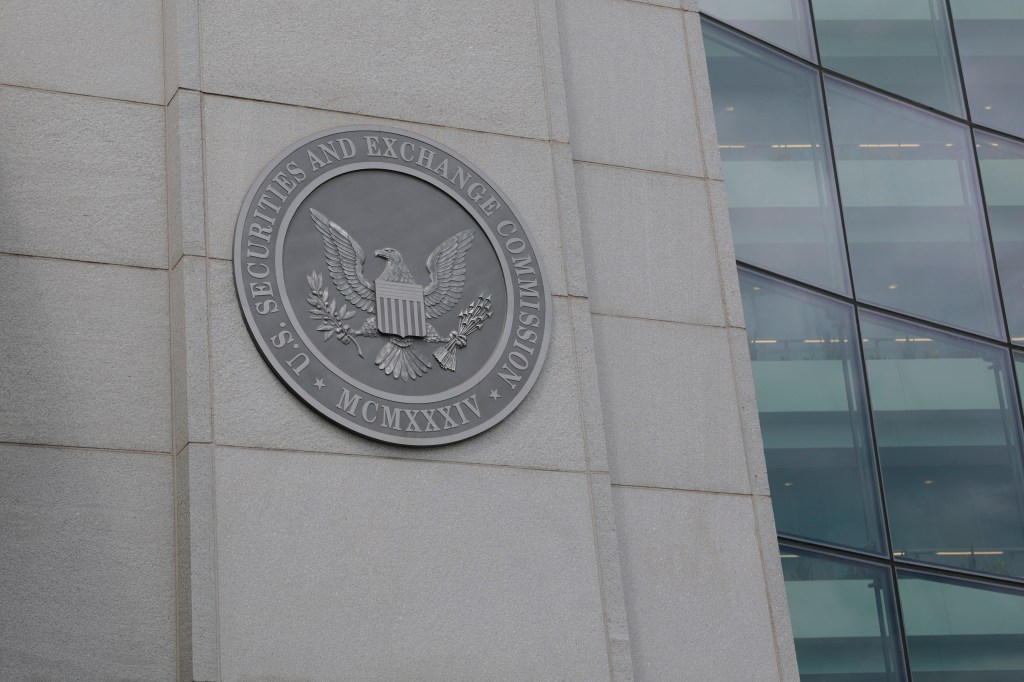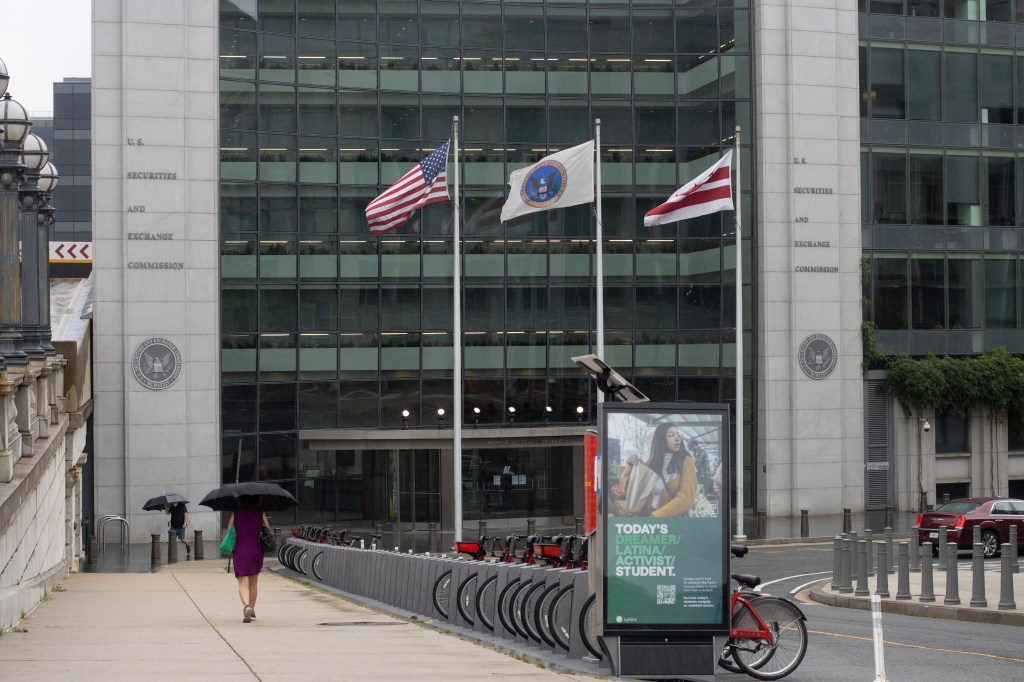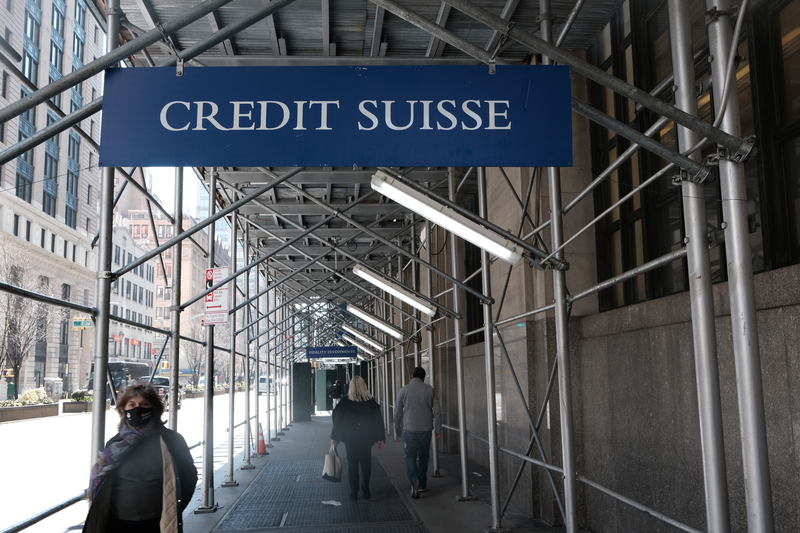The FCA has issued a permanent ban from the UK financial services industry against Detelina Subeva, a former Vice President at Credit Suisse. The ban follows her conviction in the United States for conspiracy to commit money laundering in connection with a vast scheme involving corrupt loans to the Republic
Register for free to keep reading
To continue reading this article and unlock full access to GRIP, register now. You’ll enjoy free access to all content until our subscription service launches in early 2026.
- Unlimited access to industry insights
- Stay on top of key rules and regulatory changes with our Rules Navigator
- Ad-free experience with no distractions
- Regular podcasts from trusted external experts
- Fresh compliance and regulatory content every day












